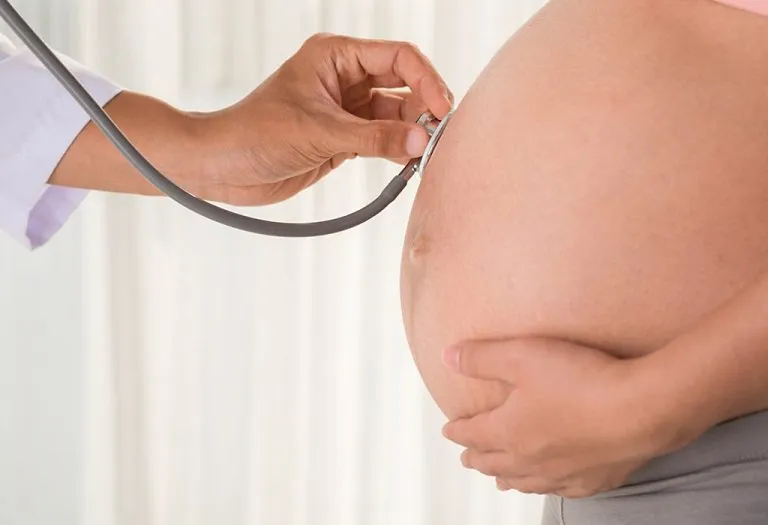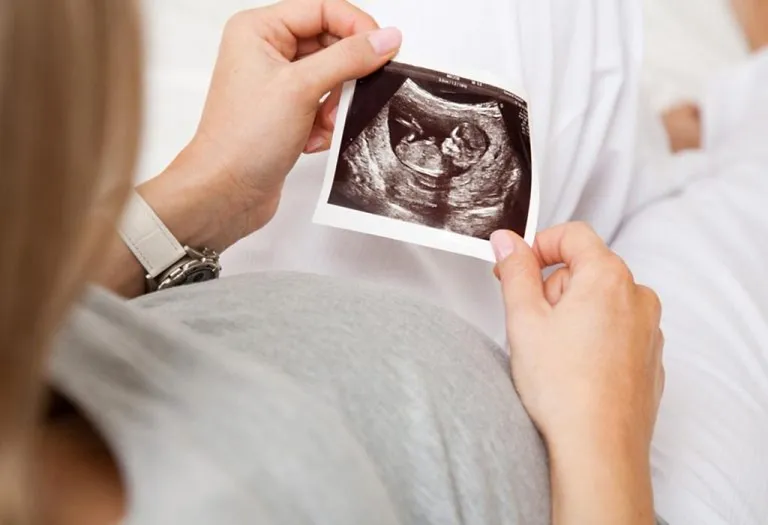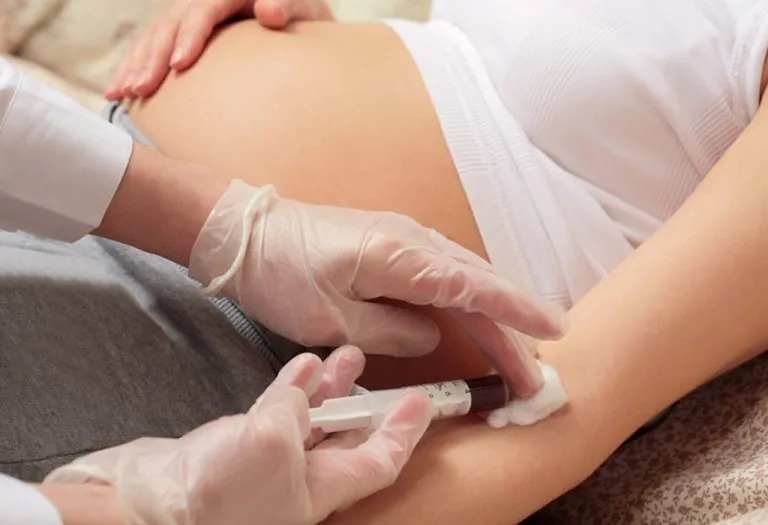Endoscopy During Pregnancy – Is it Safe?
- Can a Pregnant Woman Undergo Endoscopy?
- What Complications Can a Pregnant Woman Face While Undergoing Endoscopy?
- When Should You Go for an Endoscopy While Pregnant?
Endoscopy is a non-surgical procedure used to observe a person’s digestive tract. This procedure involves the insertion of a long thin tube into openings of the body such as the mouth or anus to observe internal organs or tissues of the gastrointestinal tract in detail. This procedure is rarely used in pregnancy as it poses risk to the health of the mother and the baby. Sedative drugs and exposure to radiation during the procedure could lead to foetal hypoxia. Although it is believed that the risks of endoscopy are minimal, it should only be conducted when there is a strong need for it.
Can a Pregnant Woman Undergo Endoscopy?
Endoscopy has been an important diagnostic tool in most of the gastrointestinal disorders. Although its safety and efficacy have been well established, going ahead with endoscopy in pregnancy is not recommended. The potential risks include harm to the foetus due to hypoxia, trauma, teratogenesis, and placental abruption. It could also lead to premature labour. As per a report, endoscopy in pregnancy can be associated with the risk of preterm birth but not stillbirth or congenital malformation. However, the study points out that the small increase in risk might be due to the mother’s disease activity or inherited factors.
However, reluctance to perform the procedure during pregnancy can turn out to be harmful if it causes a delay in the diagnosis of a disorder, it can put both the mother and child at risk. Therefore endoscopy is performed under the watch of a team with specialists in obstetrics, anaesthesia, and endoscopy. Endoscopy during pregnancy is suggested when there are conditions such as upper gastrointestinal bleeding, uncontrolled nausea/vomiting, dysphagia, rectal bleeding, diarrhoea, choledocholithiasis and biliary pancreatitis.
What Complications Can a Pregnant Woman Face While Undergoing Endoscopy?
There are a number of complications associated with performing endoscopy during pregnancy. Although the procedure is minimally invasive, it is challenging during the last months of the pregnancy due to the anatomical modifications in the pelvic and abdominal region brought about by the expanded uterus.
The time taken to perform the procedure can also extend. Furthermore, the increase in the amount of anaesthetic medicines needed and the amount of air inoculated to facilitate intraluminal visualisation can subject the foetus to risks. The risk in a drop of blood pressure is a risk faced by mothers due to the compression of the inferior vena cava in supine position; therefore, all endoscopies are performed in the left lateral position. The procedure also necessitates foetal monitoring with the help of instruments to monitor the heartbeat to detect any suffering in real-time. Maternal hypotension is directly related to the foetal trauma, and this difficult can be improved by correcting the hypoxic condition.
Sedatives and analgesics also subject the mother and foetus to risks, and the magnitude of the risks vary by the trimester. The highest risk from teratogenic effects to the baby occurs during the first trimester when it is in a development phase that is highly susceptible to it.
1. Risks to a Mother
Pregnant women who undergo endoscopy face risks such as:
- Compression of the inferior cava which leads to hypotension.
- The anatomic modification of the procedure can lead to uterine trauma.
- Discomfort by the procedure.
- Elevated risks of preterm labour due to uterine compression
2. Risks to the Baby
There are several risks to the baby from endoscopy during early pregnancy:
- Oversedation caused by the increase in anaesthetics can cause hypoxia in the foetus (due to the deprivation of oxygen).
- Maternal position during the procedure can cause foetal hyperfusion, which is an excessive increase in blood flow to the foetus.
- Teratogenic effects of the medicines administered during the procedure can cause developmental defects.
- Uterine trauma caused by the endoscopic procedure can impact the foetus.
When Should You Go for an Endoscopy While Pregnant?
A pregnant woman should go for endoscopy in case of dysphagia, superior gastrointestinal haemorrhages, uncontrolled nausea/vomiting, severe unexplained diarrhoea, rectal bleeding, biliary lithiasis, or biliary pancreatitis etc. Endoscopy is preferred only when there are no alternatives for diagnosis or less invasive therapy. Therefore, it is used only in the most carefully selected cases. Endoscopy cannot be performed when there are obstetric problems or in the case of an imminent abortion. It is normally postponed until labour or at least after the first trimester unless there is an emergency. In general, the second trimester is considered to have the lowest risk if an endoscopic intervention is a must.
Although most of the studies point to minimal risk from the procedure to the mother and foetus, endoscopy should be performed during pregnancy only when there is a strong need for it. As mentioned above, it should be performed by a team of specialists.
Also Read:
Internal Examination during Pregnancy
What is a Sequential Screen in Pregnancy?
Pelvic Exam During Pregnancy – Is It Really Necessary?
Was This Article Helpful?
Parenting is a huge responsibility, for you as a caregiver, but also for us as a parenting content platform. We understand that and take our responsibility of creating credible content seriously. FirstCry Parenting articles are written and published only after extensive research using factually sound references to deliver quality content that is accurate, validated by experts, and completely reliable. To understand how we go about creating content that is credible, read our editorial policy here.



































